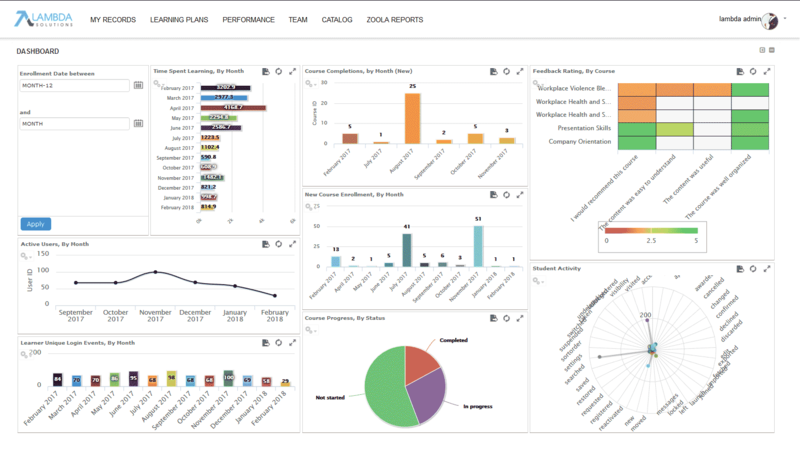e-Learning Ecologies MOOC’s Updates
e-learning ecologies update #4
As digital tools are growing in the education field, the methods we use to evaluate our learning paths are changing the way we analyze progress. Our progress or students’ in the case of teachers.
In this sense, recursive feedback has become a great strategy to measure progress. Recursive feedback is a new generation of assessment systems, including continuous machine-mediated human assessment from multiples like peer reviews, and machine feedback. Students are offered feedback or assessment that is for learning (formative assessment) and not just of learning (summative assessment).
The use of dashboards and mashups are a big way to measure progress in LMS systems. But one of the big challenges in this matter is how learners are able to interpret all the data available to them to come up with an actual result about their performance.
There is much research approaching the study of how learners use all the data in this LMS dashboards and even when most of the students value the importance of measure their own progress, sometimes this can be quite overwhelming to interpret too.
What is outstanding about the use of dashboards, is the engagement learners gain in their own learning experience. Feedback in the way of data display systems is as important as peer or teacher feedback. Students can use both things to make better decisions and to highlight their strengths and detect their weakness in a better effective way. Some LMS dashboards are designed as a gamification experience too, allowing learners to pursue different learning paths according to their different skills gained in the process.
Yet, as mentioned, the big issue for many learning experience designers is the way data is presented to learners in a clear useful way and more research is needed to evaluate this tool better on the learner side of the experience.
What we can’t deny is the fact that compare to old formal ways of evaluation, this recursive feedback opportunity is the best way to accomplish particular learning goals.
de Freitas, Sara & Gibson, David & Alvarez, Victor & Irving, Leah & Star, Kam & Charleer, Sven & Verbert, Katrien. (2017). How to Use Gamified Dashboards and Learning Analytics for Providing Immediate Student Feedback and Performance Tracking in Higher Education. 10.1145/3041021.3054175.
http://www.ascilite.org/conferences/dunedin2014/files/concisepapers/223-Corrin.pdf



Hello Paula,
It is overwhelming for the teacher and the student. There is more information than we can manage. Thank you for acknowledging this problem.